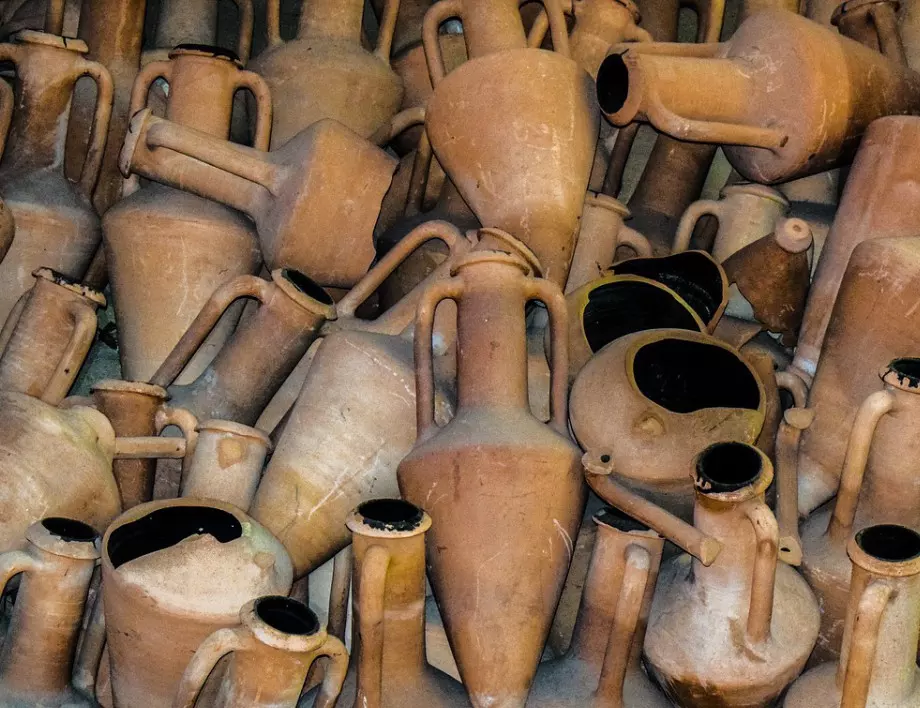A sophisticated wine-making facility, the largest of the Byzantine period ever discovered in the world, has been found by archaeologists near the town of Yavne, 24km from Tel Aviv, the Israeli Antiquities Service said. The complex has produced about 2 million liters a year of the legendary regional wine known as “gaza” or “Ashkelon wine”. From here it was loaded on the port and exported throughout the Mediterranean. According to archaeologists, this was the largest such complex in the world at the time.
Located in the central part of the country, a few kilometers from the coast, about 1,500 years ago Yavne was an important city, according to archaeologist Dr. John Seligman, one of the leading scientists in the study along with Dr. Eli Haddad and Liat Nadav. -He’s alive. It was a Jewish settlement during biblical times and a key city after the destruction of Jerusalem in 70 AD. The 1,500-year-old site includes warehouses for aging and selling wine, kilns for making clay amphorae used to store the drink, and tens of thousands of intact clay vessels or fragments of them. The fermentation of grape juice to wine was a proven way in ancient times to avoid diseases caused by contaminated drinking water. During the excavations, which lasted two years, wine presses from the Persian era, 2300 years old, were found at the same place.







